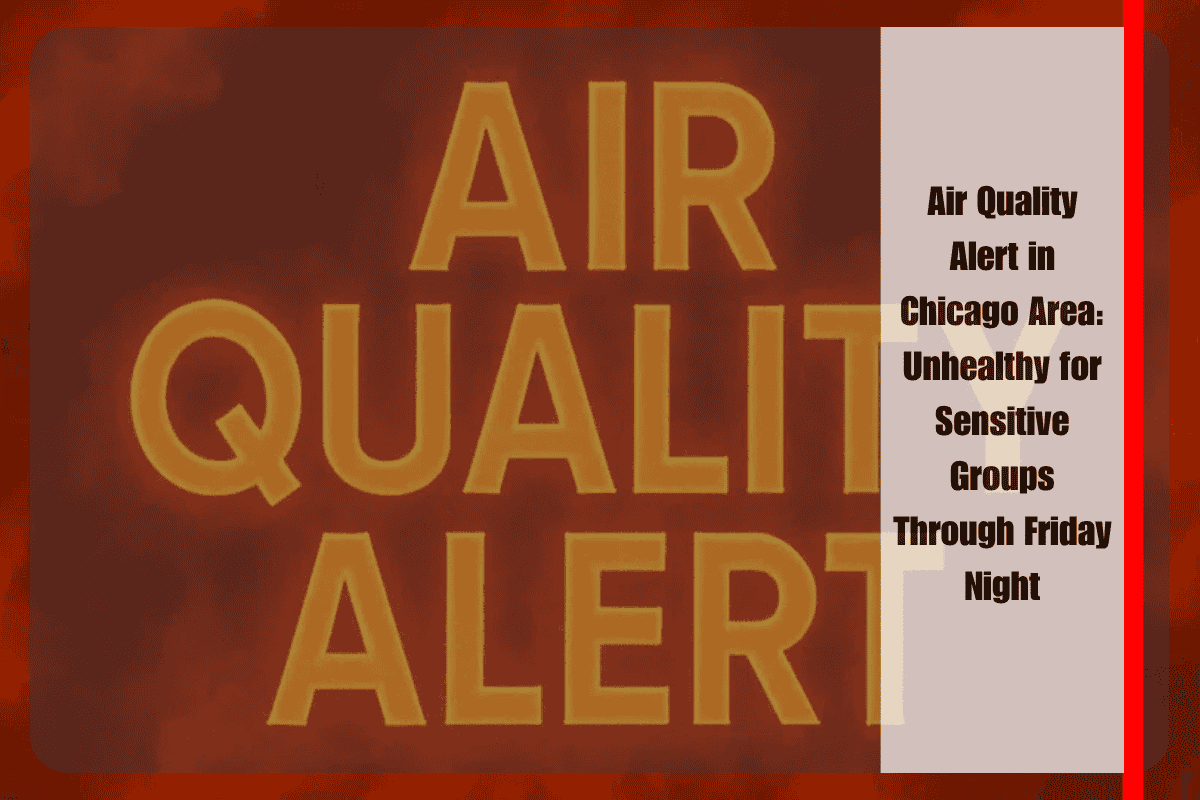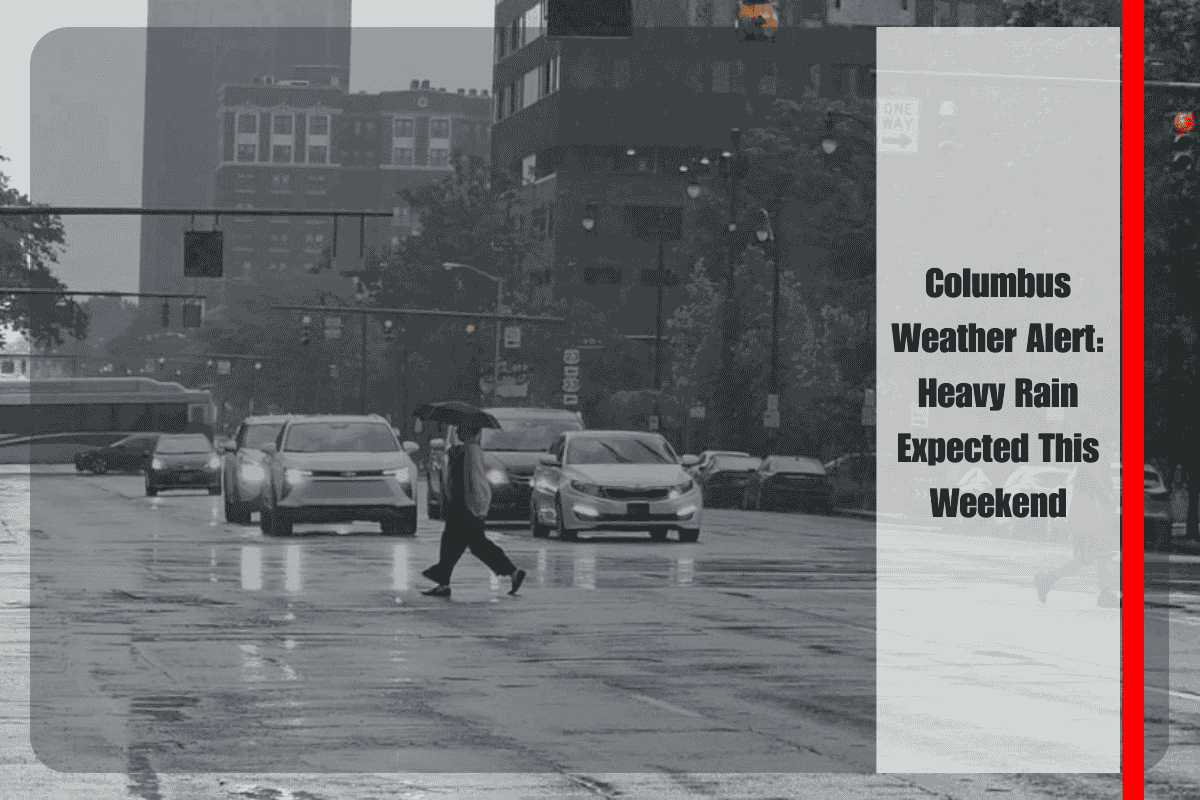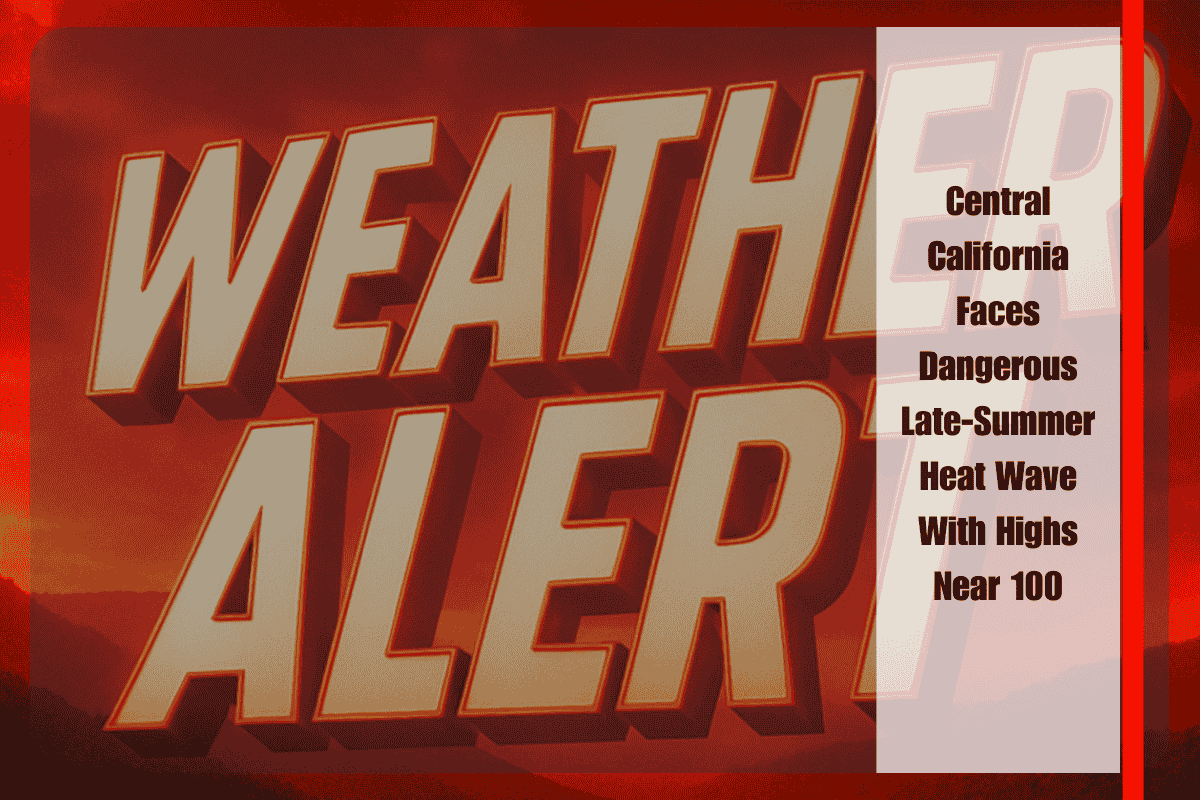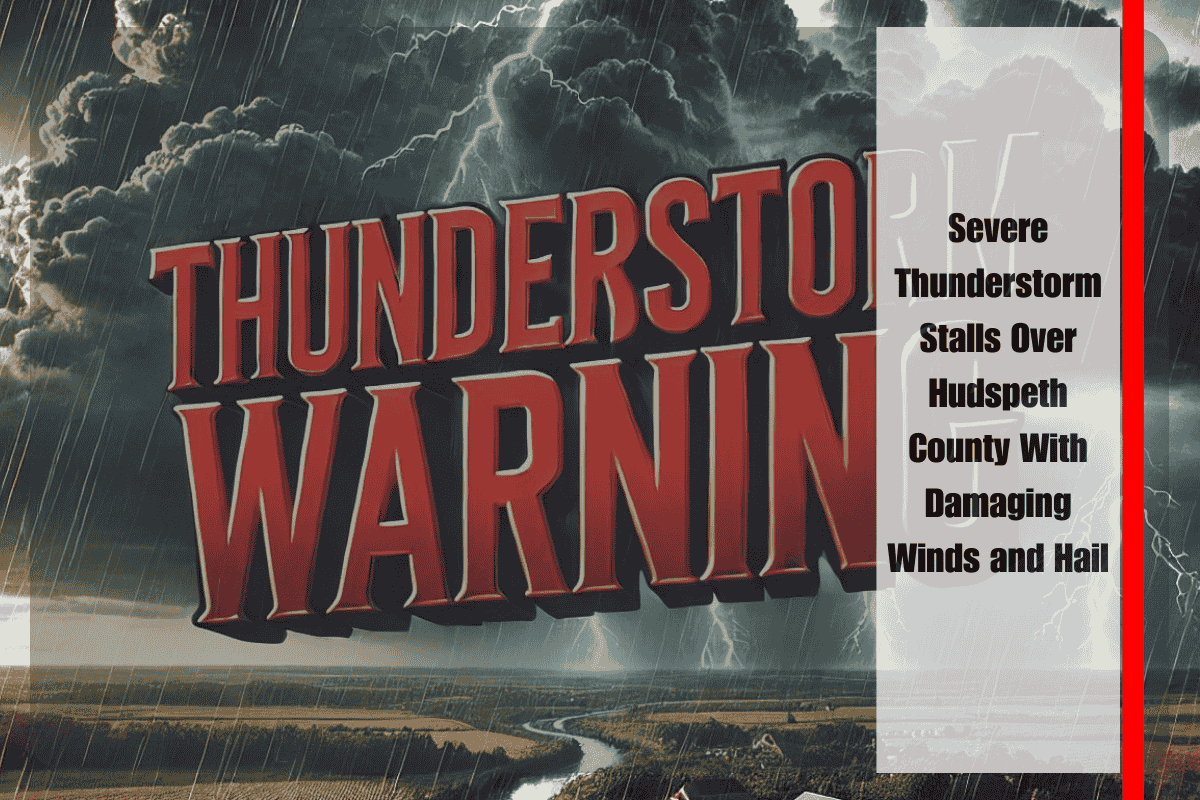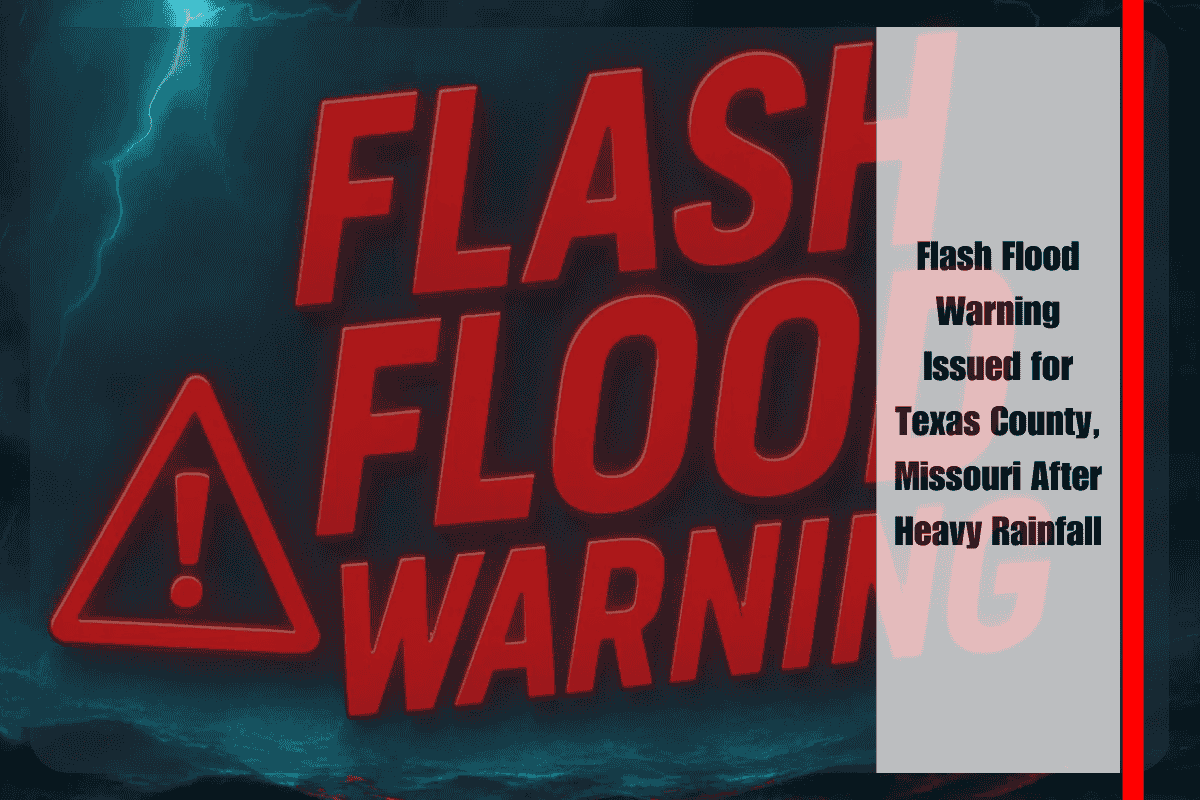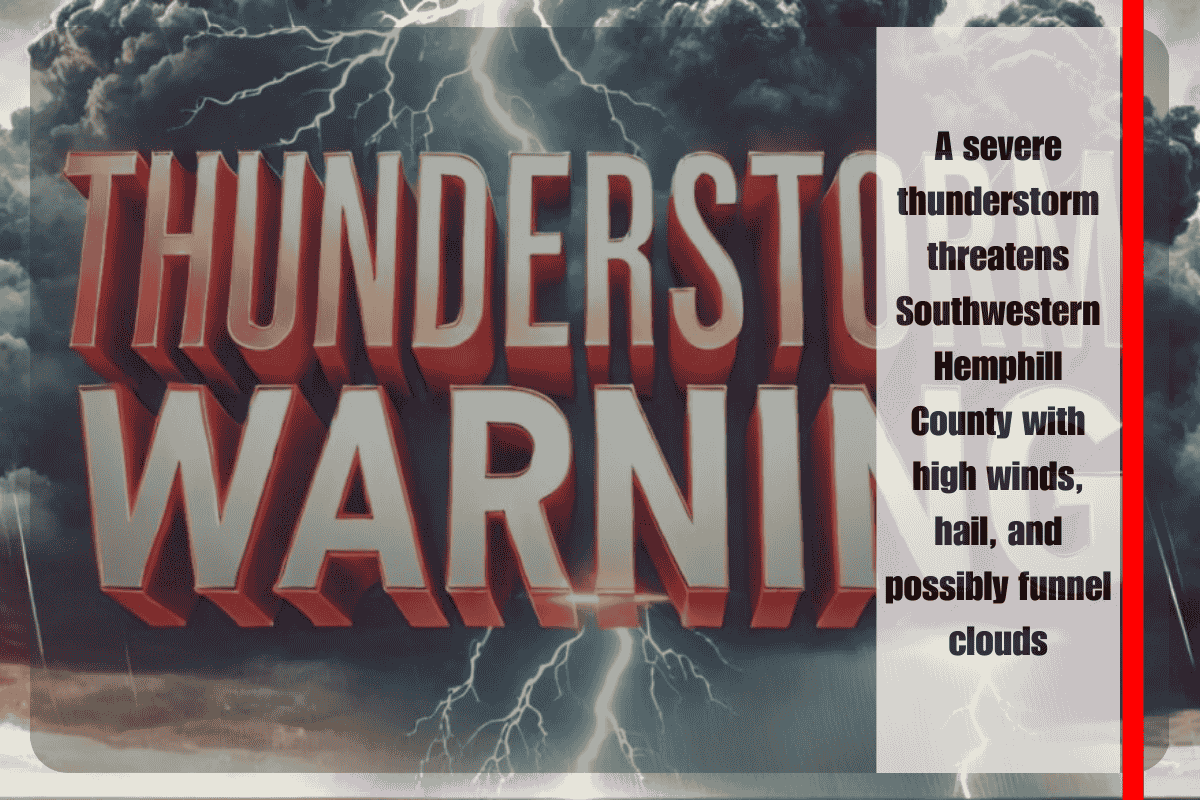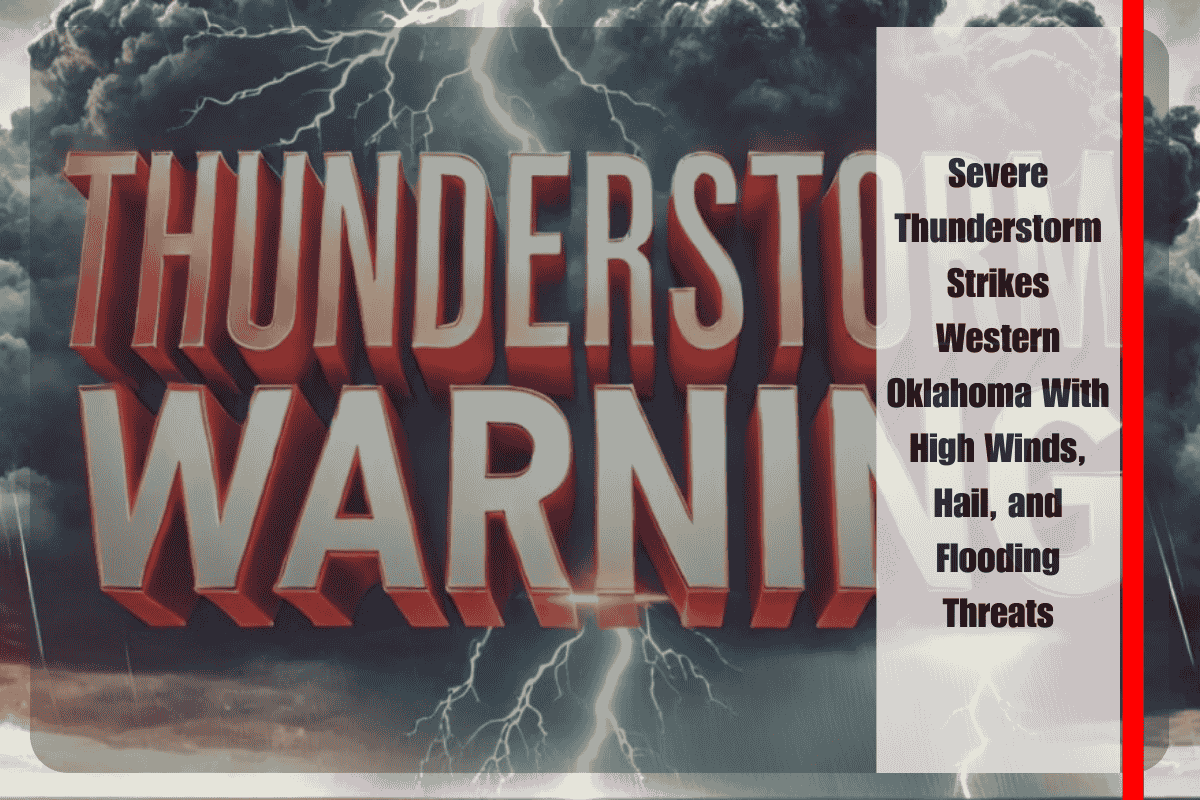Breathing could become more difficult across the Chicago area through Friday night as air quality deteriorates into the “Unhealthy for Sensitive Groups” range. This is due to stagnant summer weather and pollution from Fourth of July activities.
Areas Affected by Air Quality Alert
An Air Pollution Action Day has been issued for much of northeastern Illinois, including Cook, Lake, DuPage, Kane, Will, and Kendall counties. The alert, which is in effect through Friday night, highlights cities such as Chicago, Joliet, Aurora, Naperville, and Waukegan. The primary pollutant in the air is ozone, though smoke from fireworks may also increase fine particle pollution (PM2.5) during the evening hours.
Health Risks for Sensitive Groups
Vulnerable individuals, especially those with asthma, respiratory illness, or heart conditions, are advised to limit prolonged outdoor activity, particularly in the afternoon and early evening when pollution levels are highest. Children, the elderly, and anyone with pre-existing health conditions should stay indoors during peak pollution hours to avoid complications.
Tips to Protect Yourself and Help Reduce Pollution
Limit outdoor activity: If possible, stay indoors during times when pollution levels are highest.
Keep children indoors: Parents should ensure that children avoid outdoor activities during peak hours, especially in the afternoon and early evening.
Reduce emissions: Help improve air quality by avoiding unnecessary driving, refraining from refueling after dusk, and using electric lawn equipment.
Stay informed: Continue to monitor air quality updates, especially during the busy summer travel period and Fourth of July festivities.
With Fourth of July celebrations and busy summer traffic, the Chicago area is experiencing poor air quality that could affect vulnerable groups. The Air Pollution Action Day remains in effect through Friday night, and residents are urged to take necessary precautions to stay safe and healthy.
